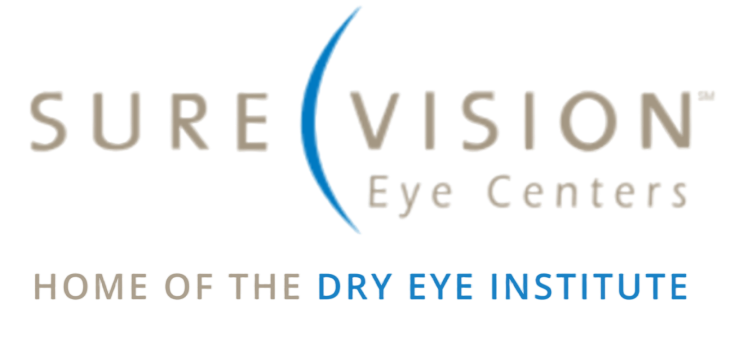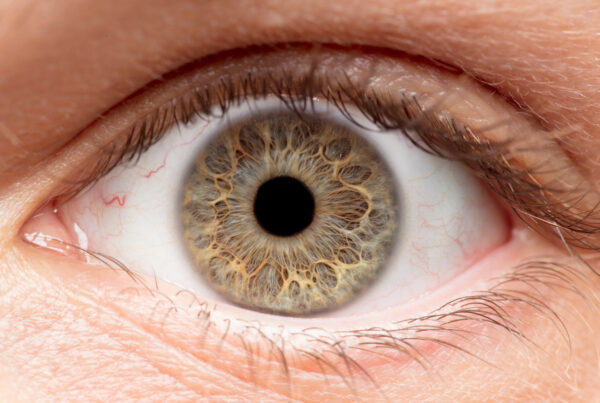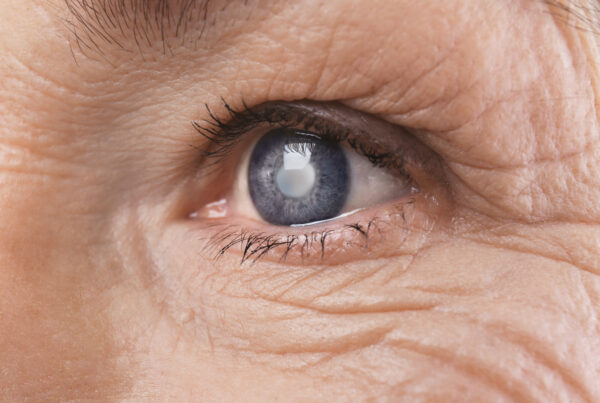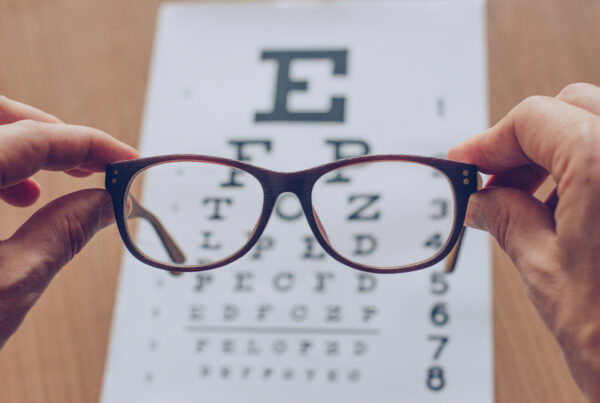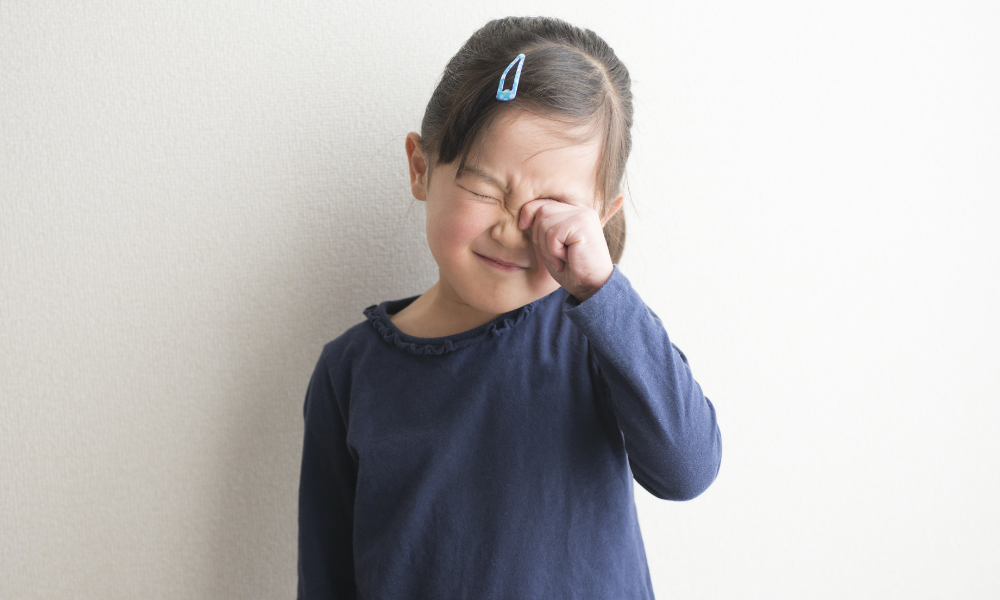
Why Are My Eyes Itching?
Like the rest of your body, the tissue around your eyes can react to the environment. The most common cause of itchy eyes is allergy. Allergens are the things you are sensitive to and cause your itching. The skin that lines the inside of your eyelids and the white part of your eye, the conjunctiva, can develop very small bumps, a papillary reaction, that can be seen with the microscope used by your eye doctor. Important questions need to be answered in order to determine what may be causing this reaction.
When does your itching occur?
Seasonal? If you suffer from seasonal allergies, you may note itching around your eyes in the springtime. This is the most common cause of itchy eyes. If this is the cause of your itchy eyelids, many medications can help. Typically, eyedrops are used first to help reduce the reaction and symptoms. Mast cell stabilizers should be used before the allergens are released. For instance, if you suffer from a pollen allergy, this type of eye drop should be used in the weeks or months before spring begins. These work by stabilizing the cells that release histamine, the substance that causes itching. Once the itching starts, antihistamine eye drops should be used for more immediate relief. Cool compresses with a washcloth (eyes closed!) can help give immediate relief. There are over-the-counter eye drops and prescription eye drops that can be recommended. Oral allergy medications, like Claritin or Zyrtec, can also be very beneficial, especially if you experience more severe reactions like swollen eyelids.
Year round? If you suffer from itchy eyes all year, you may be suffering from an allergy to dust or mold. More rarely, you may be suffering from Atopic Keratoconjunctivitis. This is genetic, and more common in adolescent and young adult males. Symptoms typically occur along the lower conjunctiva, which becomes chronically red and irritated. Treatment is similar to seasonal allergic conjunctivitis. However, if scarring is developing, oral medications and steroids may be considered.
Have you started using a new medication or have you changed your makeup, soaps, or lotions?
If this is determined to be the cause, you may consider removing the offending agent. However, never stop a medication before consulting with an eyecare professional and/or your primary care provider. Many dry eye and glaucoma eye drops have preservatives in them that can cause reactions, and there are substitutions that can be made.
Do you wear contact lenses?
Wear time and contact lens cleaning care are very important. Contact lens solutions may need to be changed if it is determined you are having a reaction to one. If you note increased itching after putting in the lenses, this may be the problem.
There can be reactions that lead to very large papillae along the upper eyelid caused by mechanical irritation by the contact lenses. This is termed giant papillary conjunctivitis and lens wear time should be immediately reduced (or stopped). It often requires steroid eye drops to reduce the papillary reaction. Mast cell stabilizers are considered for long term use if this is a recurrent problem.
Finally, there are infections and inflammatory conditions that can also lead to papillary reaction and itching. If an inflammatory condition is suspected, bloodwork and/or an allergy panel are often ordered to determine the cause. Inflammatory conditions can lead to crusting and itching on the outside portion of the eyelids. Your doctor may consider a steroid cream or anti-inflammatory like Tacrolimus.
In all, there are many causes of itchy eyes. It is important to have these symptoms and signs evaluated by one of your doctors at SureVision. Contact us for our dry eye treatment in Creve Coeur, MO, and Alton, IL, and we can help you find relief for your itchy eyes with appropriate treatment.
